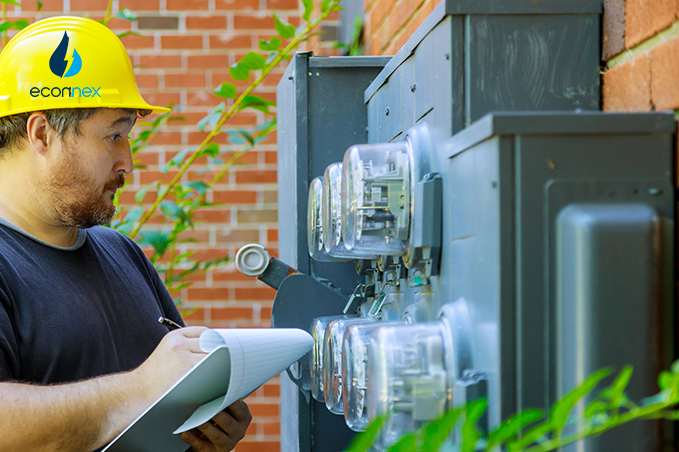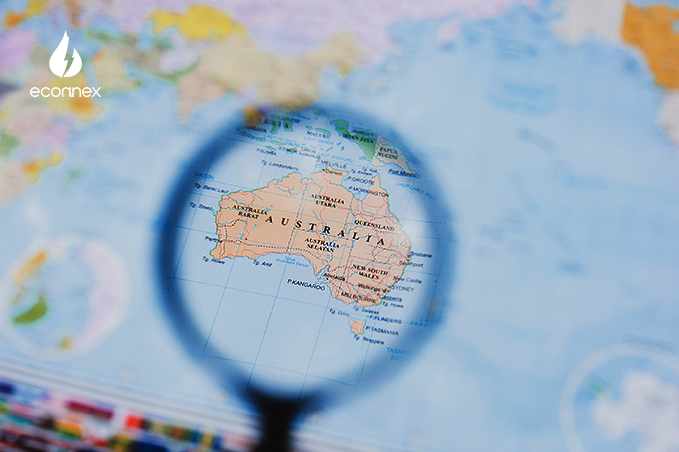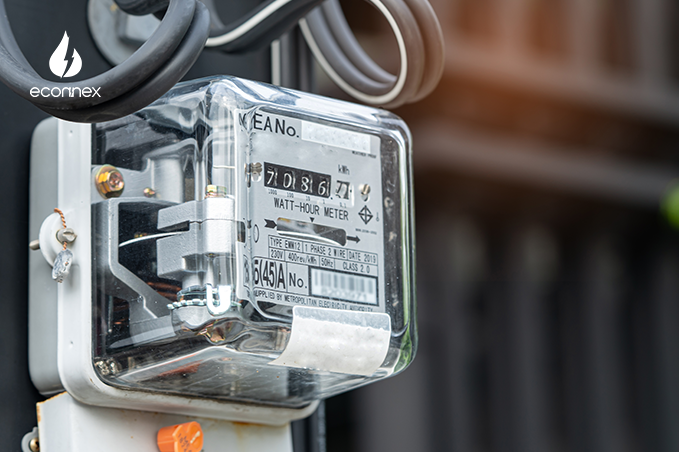Decoding electricity fees and charges! Navigate the complexities of your energy bill, understand costs, and find ways to save smartly.

Published on
By Rajesh Kumawat
Energy Comparison
Understanding your energy bill is important not only to find the best deal but also to ensure that you are not being charged for something that you don’t actually use. There are a lot of charges you can see on your bill some of which are avoidable. Below are the Electricity fees and charges you might come across, check the details with the energy retailer before signing up.
The connection fee is the standard move-in fee. This is applied when one moves into a new property that needs to be reconnected to the grid. The average connection price ranges between $10-$50, however other costs as much as $90.
The disconnection fee is charged when one needs to move out or needs to be disconnected from the grid. The charge ranges from $10- $200. No costs if you’re in a rental property, it’s usually the landlord or the real estate that takes over the property.
If one agrees to pay bills via direct debit, ensure to have adequate funds on or before the payment date. If the fund is insufficient, there’s a charge of $10 to $20 dishonor fee.
This is similar to dishonor fee but this time payment is via cheque. A bounced cheque will be charged around $15 cheque dishonor fee.
Every energy bill includes a ‘due date’, the date which bill must be paid by. Failure to pay by this date means $10 to $50 late payment fee charge. For some customers, they might lose the pay on time discount deal with their retailer.
Some retailers charge new customers for setting up a new account. Check the rates with the power retailers.
Some retailers that offer market contracts charge an ‘exit fee’. This applies if the contract is to be canceled anytime within the first one or two years. This is one thing that you need to look into before signing up an electricity contract for you to avoid additional expenses.
Paying bills via credit card or debit card is very common which charges a fee between 1-3% of the total amount being paid. This cost is quite high for those customers who often receive high bills.
Retailers are now moving online for convenience. No charge for email bill but for a paper bill, an extra fee of around $2 will be charged.
Some retailers charge fees for processing payments, usually around 0.2% to $ 1% of the total amount you’re paying.
Here are a few tips to avoid these charges:
Some fees such as debit/credit card payment processing, connection, and disconnection fees are hard to avoid, but try to negotiate with your provider they might adjust or waive the fees.
Rates, fees or charges vary across different energy retailers. If you think your current provider charges too much on added fees, shop around. Econnex can help you find cheaper energy deals.



